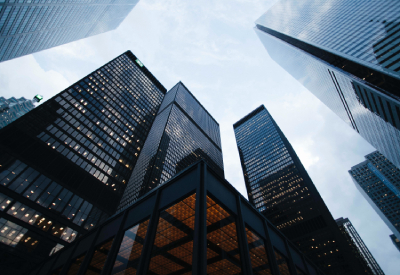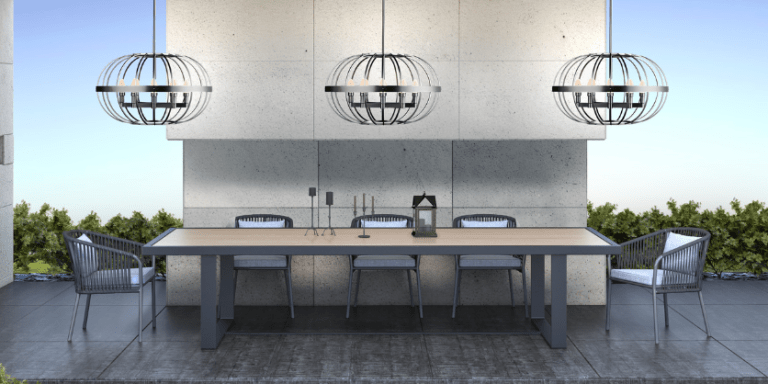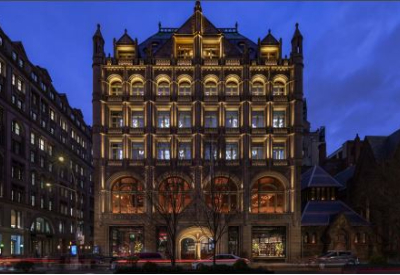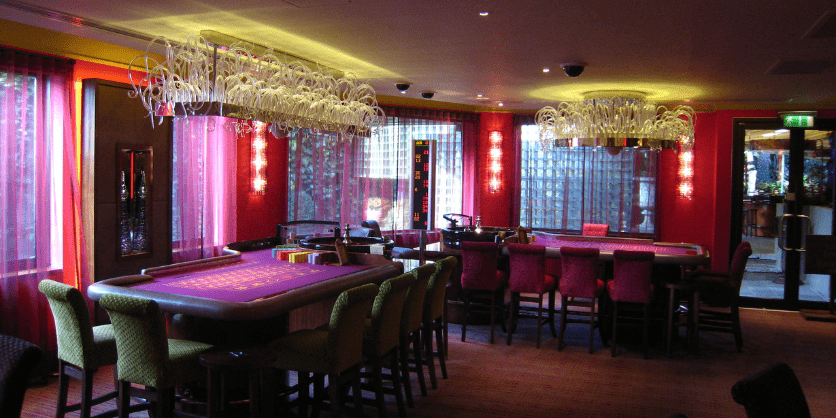Luminaire Level Lighting Controls and the Future of Healthy Buildings

June 21, 2021
It could be argued that we have planned cities and constructed buildings to support human health for millennia. In our recent industrialized history, it is clear to see how the 1918 influenza pandemic sparked a design movement (Modernism) that was co-mingled with increased access to light and air, and elevated awareness of the value of connection to nature, all in an effort to minimize disease transmission [1].
As is often the case throughout human history, the pendulum swung back, as exemplified by the 1973-74 oil embargo and our collective reactions to reduce energy use and therefore force a disconnection with nature by closing the dampers on building ventilation, and shuttering windows [2]. Unsurprisingly, these actions shocked our physiology, what some describe as an evolutionary mismatch, and we quickly observed the dawn of “sick building syndrome” [3,4]. Thankfully, the pendulum is slowly moving back to a focus on human health indoors; however, this time the focus includes a balance of energy efficiency and healthy building standards. A century later, the COVID-19 pandemic has once again increased awareness of the critical role that buildings play in our personal health, well-being, and happiness [5,6,7].
This paper develops a vision for a healthy building future that attempts to balance three critical priorities; 1) the need to dramatically and rapidly reduce building energy consumption to reverse global climate change, and 2) to increase indoor air quality to reduce the risk of indoor disease transmission and 3) to increase overall indoor environmental quality to build up robust human immune function. To avoid repeating history and guard Alvar Aalto’s Paimio Sanatorium and the effects of the 1918 influenza pandemic on architecture. The 1973 Oil Embargo resulted in building owners and operators minimizing energy use as seen by a reduction in window size. 2 against the possibility of “over-correcting” (overreacting), we pose a vision that balances the use of technology in buildings with the understanding that visceral human connection to nature is an essential…
Go HERE for the full report.








